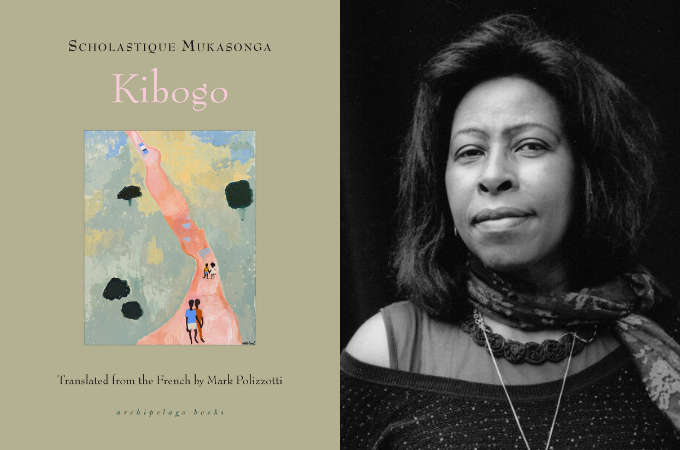
Scholastique Mukasonga’s latest novel Kibogo was named finalist for the 2022 National Book Award in the “Translated Literature” category. Translated from the French by Mark Polizzotti and published by Archipelago Books, Kibogo is a beautifully written four-part novel that weaves Rwandan mythologies with the country’s history of colonialism and evangelism.
Mukasonga writes her novel in the style of a multilayered fable, where each part retells the same narrative from different perspectives and with original details. Set in the 1940s, the central story involves a clash between ancient Rwandan beliefs and the attempt by Christian missionaries to replace them with European Christianity. With humor and vitality, Mukasonga brings Rwandan myths to life through this “tale of disarming simplicity and profound universal truth.”
The first section titled “Ruzagayura” (meaning “search and find little”) is named after the famine of 1943-44. Caused by a drought and worsened by Belgian colonizers through land exploitation, the famine is finally brought to an end by a rainstorm created by the mythical Kibogo, who allegedly conjures up rain from the top of a mountain. The second section “Akayezu” talks about the eponymous Rwandan priest who tries to fuse Christian gospels with the myth of Kibogo but is expelled by the seminary. The third section “Mukamwezi” tells the story of the eponymous bride of Kibogo, now old, who joins hands with Akayezu to conjure up Kibogo and combat the drought. In the final section “Kibogo,” a group of Rwandans sit around the fire and tell the story of Kibogo to a white anthropologist, who asks to visit the mountaintop in search of evidence of human sacrifice.
At the end of the novel, Kibogo’s tale is many things – “founding myth, celestial marvel, magic incantation, bottomless source of hope.” Yet, the main question is left up to the reader’s imagination – Can Kibogo really summon the rain?
In an interview, Mukasonga explains why she decided to pen down the Rwandan myth of Kibogo:
In search of a past that has too often been hidden or denatured, I consulted dusty old tomes written by white missionary priests in the 1930s, who collected the old traditions from recent converts as if wishing to give them a proper burial. Among others, I consulted Father Pagès’s book A Hamite Kingdom in Central Africa and the one by Father Delmas, Genealogy of Batutsi Nobility. It was there that I rediscovered the story of Kibogo.
Mukasonga is an award-winning French-Rwandan author who grew up in Rwanda and lives in Normandy. Her book Our Lady of the Nile (2012) won the Prix Renaudot and the Prix Ahmadou-Kourouma, and the English translation was a finalist for the International Dublin Literary Award. Her memoir Cockroaches (2006; English translation: 2016), in which she describes her childhood leading up to the 1994 Rwandan genocide, was nominated for the Los Angeles Times Book Prize. The Barefoot Woman (2008) was awarded the Prix Seligmann by the Chancellery of the Universities of Paris against racism and intolerance.
Kibogo is a must-read book for those readers who enjoy novels that weave history and myth together like Hemley Boum’s Days Come and Go, Joanne Joseph’s Children of Sugarcane, as well as Mukasonga’s previous works!
***
Buy Kibogo: Archipelago (US) | Amazon (US) | Amazon (UK)


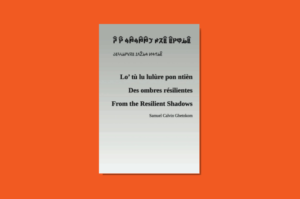
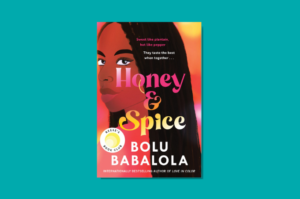
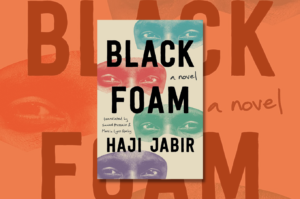
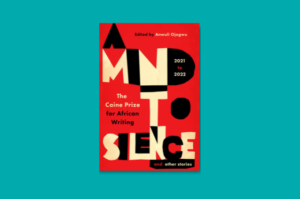
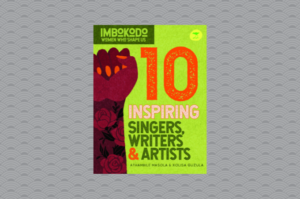
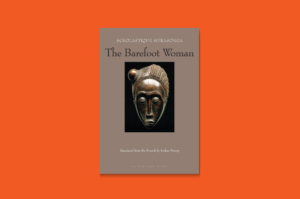

COMMENTS -
Reader Interactions